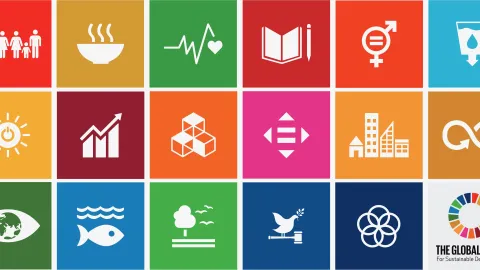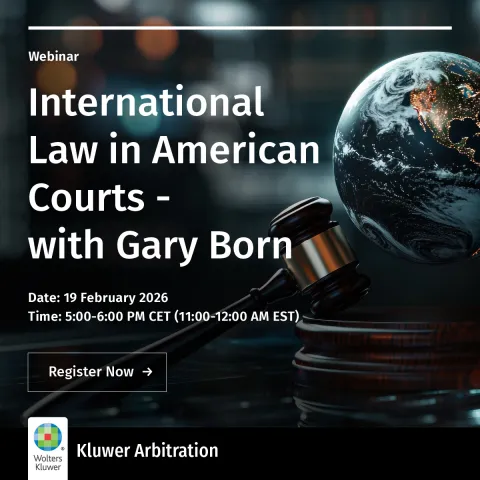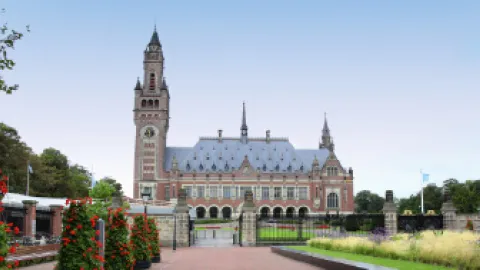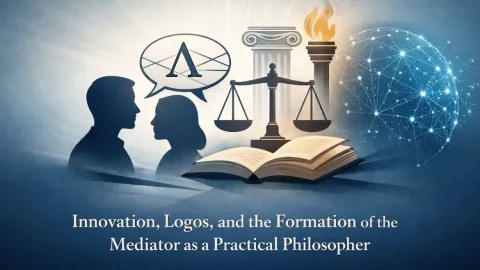Lessons From Geneva
February 3, 2014
Like many of us, I listened with rapt attention to the reporting from Geneva of the Syrian peace talks last week. So much is at stake. And so much of it feels very familiar to me as a mediator.
One particularly interesting item was a radio interview last Saturday with a Syrian media officer who appeared to have been very present and involved in the talks, though I don’t recall in what capacity. The interview was followed by coverage of a press conference with Lakhdar Brahimi, the UN-appointed mediator. From what the two of them had to say, I was reminded of a number of things central to what we do as mediators:
1. The humanising effects of talking, or even just being in the same room.
As was widely reported, the parties to the talks resisted joint discussions for some time, and even when they eventually met in the same room they refused to talk directly to each other, but only to the mediator. Yet when they did meet, even though they refused to address each other, the media officer spoke of the subtle but inevitable “humanising” effect of hearing each other, and seeing each other’s faces.
I have no doubt that those joint meetings would have been extremely difficult to manage and would have taken a great deal of careful preparation. It would probably have been easier (less stressful and taxing, and requiring less skill and effort by the mediator) to accede to the parties’ apparent resistance to meeting, and work with them only in separate meetings. But Brahimi, it appears, went out of his way to cajole and coax them into a joint meeting, even saying publicly that that was what he was trying to achieve, and so risk the public perception of failure if he could not. And if the media officer’s observation was correct, that meeting was very valuable.
The implications for mediating are obvious. There is a constant danger of defaulting to the “easy” route. This danger is perhaps most prevalent when it comes to the use of joint meetings, as against the often much "easier" environment of private ones.
We need courage and tenacity.
2. We need to recognise progress, even very small steps
Simply the act of sharing a room is progress. Actually, in this situation it was huge progress, considering the context. I blogged a while back on When Something Is Better Than Nothing, making the same point that we have constantly to judge what degree of progress is possible at a given time. We may wish to “Get To Yes”, but it is rarely a quick, predictable or linear journey. The real question is not “Is the end in sight?” or “What is the deal?” but “What is the next step?”
As I noted above, the media officer was quick to spot the impact of sharing a room, even though to many this would have seemed like a marginal and largely irrevelant aspect.
3. Balancing Reality and Hope
Lakhdar Brahimi was fascinating in his post-talks press conference. He was very frank about the difficulties of the talks, and the challenges that lie ahead. He was clear on areas where absolutely no progress had been made. There was no sense that he was trying to put a positive gloss on what had happened, or paint a picture of “success”. Yet at the same time, he alluded to points of progress, however small they are in the context of the overall problem. And, crucially, he maintained a sense that more is possible.
In doing so, he exemplified for me one of the tensions we carry as mediators – that we are both "agents of reality", and "bearers of hope". At the same time.
For the former, parties need us to bring detachment and clarity. They need us to tell it how it is, not to sugar-coat the differences. Points of difference need to be laid bare. Cold hard realities need to be discussed. Views need to be challenged.
And yet at the same time we are often the only ones in whom hope resides. The parties are so immersed as to find perspective, and hence often hope, hard to find. They need to know that at least we think progress may be possible, that they can ride on the back of our optimism for a while when they have none. We are bearers of hope for them.
Balancing these two roles is a constant challenge.
4. Putting it in context
Lakhdar Brahimi was quick to say, in his press conference, that this process has only just begun. In doing so, he put the reality of the talks in context. I paraphrase, but he seemed to me to be saying, “Yes, it was tough, and on the face of it very little progress was made. But this was never going to be easy or quick, and what we have done is to make a start. And that is important”.
This is crucial to dealing with expectations. Whether the talks “succeeded” or “failed” is (in part at least) a product of what your expectations were. If they were very high, the talks failed. If they were much lower, they perhaps did not. Brahimi’s comments seemed to normalise what had happened, portraying it as an integral part of a process that has only just begun.
5. It’s hard work
Brahimi looked exhausted at his press conference. That is hardly surprising. Leaving aside the huge preparatory effort leading up to the talks, he had borne the weight of everyone’s anger, hope and expectation. That's quite a burden.
So the next time you are mediating (even if it’s not a civil war) go easy on yourself – it’s hard work!
You may also like










John Sturrock
A very helpful and thoughtful contribution, Bill. The mediator's words which caught my attention are these: "I am often accused of being too slow. But I think that being slow is a better way of going fast than precipitation. If you run, you may gain one hour and lose one week.....So, we are going slow, and I hope we will continue to go slow.” Very sage advice especially when parties/clients/lawyers are urging faster progress.
Geoff Sharp
Great post Bill. Having recently had a mediation where the parties were very reluctant to meet in the same room, I agree with you. Sometimes our role as mediators is to push and prod ( in my view maybe even aggressively ) parties to set eyes on each other early in the mediation day. It's just too easy for them to exist separately on mediation day and think the other is the devil incarnate from the comfort of their separate rooms.
Гала Красникова
signed in with my Fb even to say thank you for what you did by posting such a meaningful and elegant review l'm from Ukraine, want to be a mediator, internationally. studying now got here throught link at mediation world newsletter its so important you are sharing such a basic and at the same time full of CANDOR things, real issues insights like those are such an expensive and internal experience of profession, that people write books with it thank you for sharing God bless you